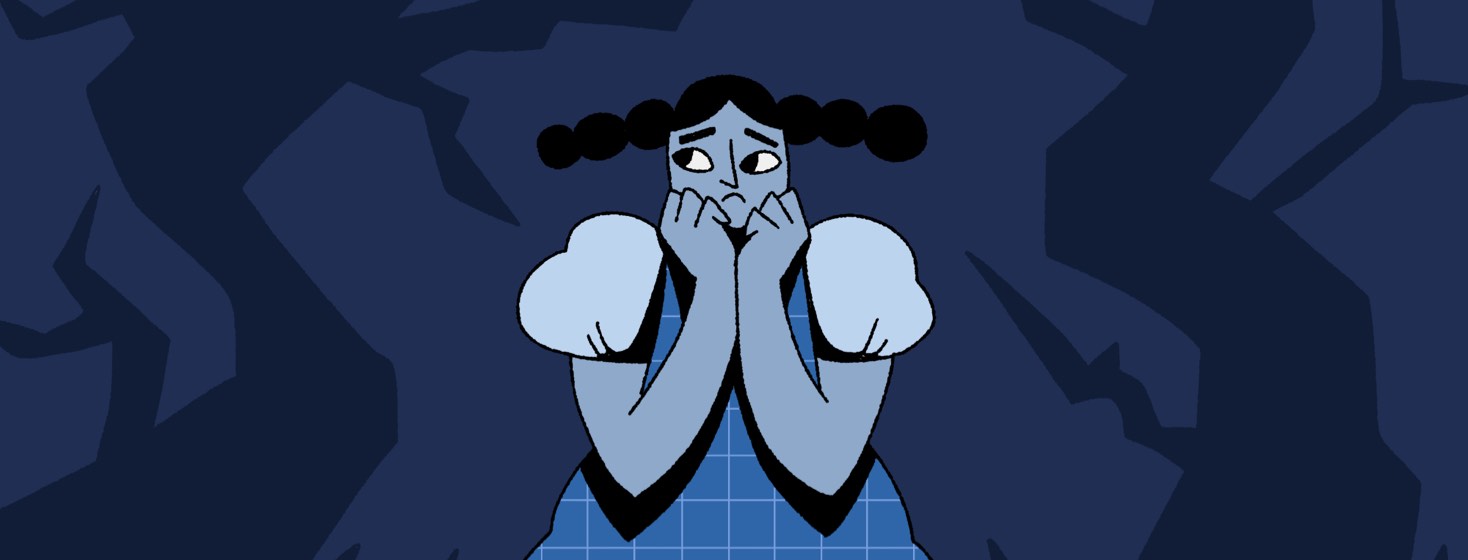Fear of the Next Seizure
Epilepsy is unpredictable. Knowing if or when the next seizure will strike can cause immense stress and anxiety. These feelings can weigh heavy on someone living with a seizure disorder, sometimes impacting everyday life and choices.
Fear of seizures is a topic that comes up often in our EpilepsyDisease.com community and among our patient advocates. Additionally, in our 2021 Epilepsy In America survey of 415 people with epilepsy, 22 percent ranked "anticipation of next seizure" as the No. 1 cause of nervousness or anxiety, and 51 percent of respondents said they are diagnosed with anxiety along with epilepsy.
Featured Forum
View all responsesFrom the community
Seizures can be very scary, and we frequently hear this from those living with epilepsy. The following quotes are from comments received on our EpilepsyDisease.com Facebook page:
When will the next seizure strike?
"I had my first seizure when I was 40, I'm 45 now and this definitely has had an impact on me and my family, the docs still don't know what's causing them, everything about having seizures is so scary!!""The not knowing if/when another seizure might happen is unnerving.""I think that this is the most terrible disease, my son is sick with epilepsy, his illness keeps the whole family in constant readiness, the last time he had status epilepticus and he was in a coma for 10 days and we didn't know if he would recognize us when he wakes up, this is really really scary."
Accidents and injuries from seizures
"I have [grand mal] seizures. I actually throw my body during one. I've fractured 2 ribs during one and hit my head once and had brain bleed for 3 days. Numerous bruises and busted lips/black eyes. [The] older I get the harder they are on my body and longer it takes me to recover from one. It sucks.""I broke my foot in 4 places. [The seizure] was at night. I fell out of bed and was hitting the bed frame. I hate having these seizures they take my energy and strength away from me and my body hurts after and my head. [They] take a lot out of me and I have to rest every time I have one.""I hate having to fear if I am safe just to go to take a shower or even if I am going to wake up in [the emergency room] cause of the episode."
From our epilepsy advocates
Several of our epilepsy advocates have also written about experiencing fear, anxiety, and stress when it comes to having seizures. Here's what they've shared:
"When 1 week without seizures turned into 2 weeks and then a month, that confidence grew. But the emotional toll of epilepsy is that it's constantly lurking. One month without a seizure could turn on a dime." –Stacia
"Epilepsy is scary, and for many people, the reality of what epilepsy consists of is unknown. Movies and TV shows tend to portray seizures in a classic tonic-clonic state (e.g., grand mal seizures). If this is all you know and you do not have convulsive epilepsy, this portrayal of a seizure norm will be intimidating. On the other hand, if you have been diagnosed with tonic-clonic epilepsy, you could have anxiety about what this means for you." –Gabrielle
"I was 10 when I had my first epilepsy seizure... I remember my dad was driving and suddenly I was having a grand mal seizure. I was screaming and the whole situation was intense." -Nisshaa
"It is a silent battle that many of us fight each and every day, hoping and praying that we don't feel embarrassed or humiliated by unexplained, unaware behaviors. Our brain kicks into high gear and decides our behavior for us." –Anita
"Most of the suffering happens between seizures... Having less independence. Not being able to drive or leave home whenever. The stress, physical pain, and fatigue between seizures are very real. All seizures are different and there is no one universal experience. Regardless, being a person who MIGHT have a seizure is a full-time job." -Miles
Do you fear your next seizure?
How do seizures impact your life? Does fear of having a seizure influence the choices you make or how you go about everyday life? Share in the comments below or share your own story. We want to hear from you about your experiences with seizures.

Join the conversation